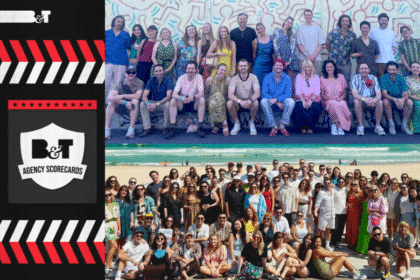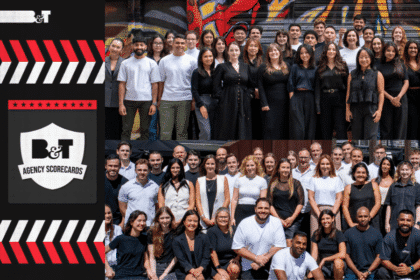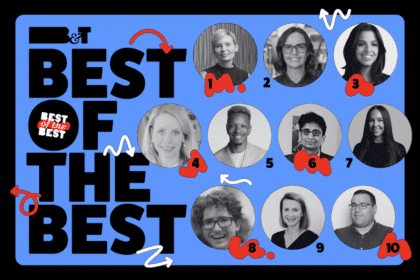In this op-ed, Nate Vella, senior digital strategist at Bench Media (age 25), imagines a world where experience is treated with contempt, the potential is dismissed, and the value of an individual is based solely on their age. This world isn’t a dystopian future or a work of fiction; it’s our industry’s reality; we are an industry permeated by ageism that silently, but powerfully, impacts people of all ages.
From the energetic young gun labelled as inexperienced to the seasoned old guard deemed obsolete, ageism’s reach is vast and insidious. Yet, despite its widespread influence, our industry remains disturbingly complacent about addressing this bias.
In fact, a troubling paradox has emerged: while we outwardly champion innovation and entrepreneurship through illusive lists, shiny trophies, and branded photo-ops, we continue to silently perpetuate a culture deeply rooted in ageist ideologies. Behind these glossy images lies a stark reality: older employees are often overlooked for promotions or roles altogether, while younger talent is frequently dismissed for lacking know-how.
I want to stress that I do not have any issue with credit where credit is due or maintaining an open discourse about the value of different stakeholders to a business—though the alignment of such with age seems counterintuitive.
In preparing for the ‘Young Guns Versus Old Guard: Who Adds More Value to Our Industry?’ debate at Cannes in Cairns, it became abundantly clear to me that age is tied to so many aspects of our industry. My team and I spent quite some time discussing our ‘definitions’ of Old Guard and Young Gun, beginning with age, transitioning to years of tenure, and landing somewhere seemingly ambiguous.
Most importantly, we came to understand that these terms were best defined through the lens of value, which was intrinsically linked to experience and potential.
The perfect example of this balance at play is mentorship. Across all industries and popular culture, more broadly, there has been a long history of mentors and mentorship practices as a key value-adding factor to an organisation – see Padawan/Jedi Master in Star Wars or apprentice/tradie in construction. This, in essence, is an exchange of knowledge or experience with the hopes of supercharging the potential of future contributors to any given field. Where there has been a lesser representation is in the reciprocity of such an exchange or support. Mentors invest time and effort into championing Young Guns but receive little championing themselves, with many having trained someone who was soon to become their replacement.
A 2021 report, ‘What’s age got to do with it?’, from the Australian Human Rights Commission, found that 90 per cent of Australians agree ageism exists in Australia, with 83 per cent agreeing ageism is a problem and 65 per cent saying it affects people of all ages. More recently, our Industry’s very own Experience Advocacy Taskforce (EAT), published findings that highlight only 5 per cent of our industry is aged 50 or over. These are troubling statistics and further exemplify the issue we face. There has, to date, been far too little contribution to the discourse regarding ageism from Young Guns or those who, at first glance, don’t seem to be implicated. However, this is everyone’s problem – including yours. After all, the Young Guns of today become the Old Guard of tomorrow.
So, take it upon yourself, no matter your age, role, or experience, to promote diverse representation in our industry. Speak up against ageist language or actions in your workplace, challenge stereotypes, and help foster an industry that celebrates everyone’s achievements and contributions—no matter their age.
It’s time to look beyond the polished façades and confront the ageist biases that hinder our industry’s potential. Only then will we truly come to realise the value that our people have to offer








